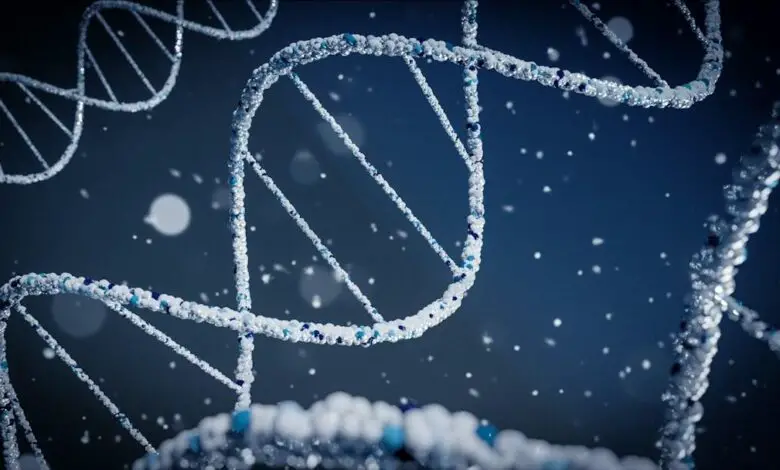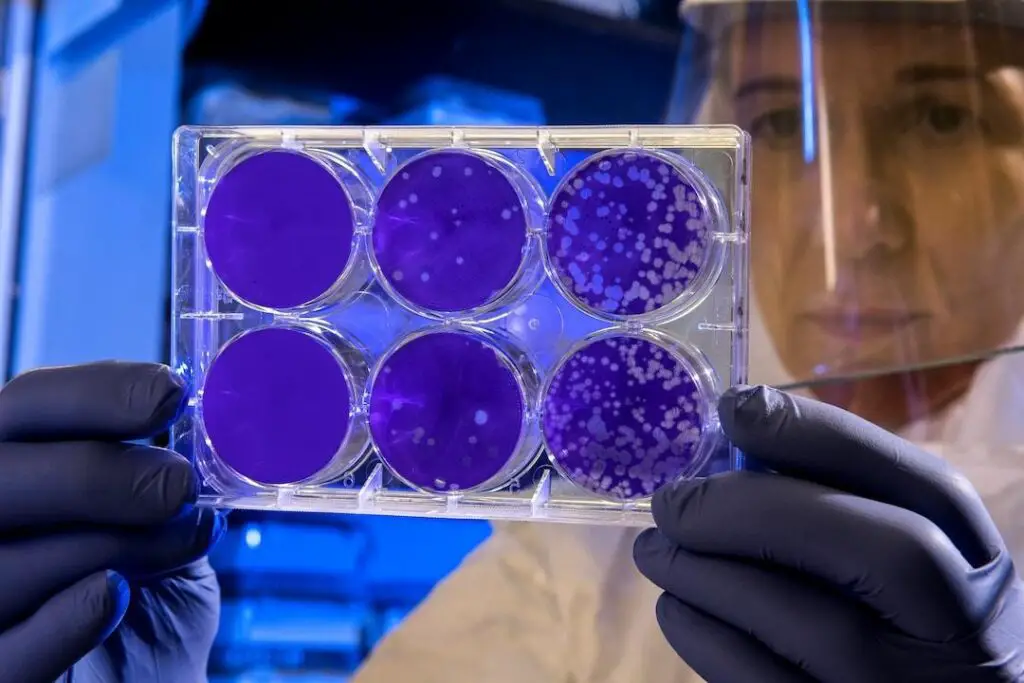Understanding NAD: Functions, Benefits, and Its Role in Cellular Health

Nicotinamide adenine dinucleotide (NAD) is a coenzyme found in all living cells, playing a critical role in the chemical processes that generate energy. As a central player in metabolism, NAD’s importance cannot be overstated, with its involvement in redox reactions, signaling, and enzyme regulation.
Understanding NAD, its functions, benefits, and its crucial role in maintaining cellular health, offers insights into its potential in improving longevity and energy levels and combating various diseases.
The Vital Role of NAD in Energy Metabolism
NAD exists in two forms: NAD+ and NADH, each playing a significant role in the body’s metabolic processes. NAD+ acts as an oxidizing agent, accepting electrons from other molecules in the process known as the electron transport chain, a critical step in cellular respiration.
This process occurs within the mitochondria, the powerhouse of the cell, where NAD+ is reduced to NADH, thereby generating ATP, the primary energy currency of the cell. The efficiency of this process directly impacts the energy available to cells, highlighting NAD’s essential role in maintaining cellular vitality and function.
Moreover, the balance between NAD+ and NADH is a key indicator of the cell’s metabolic state. A high NAD+/NADH ratio is often associated with improved metabolic health, including enhanced fat oxidation and lower levels of inflammation. Conversely, a lower ratio can indicate metabolic disorders and has been linked to age-related diseases. This balance underscores the importance of NAD in regulating metabolic processes and maintaining cellular health.
NAD’s Role in DNA Repair and Cell Signaling
NAD also plays a pivotal role in DNA repair and cell signaling. Sirtuins, a family of NAD-dependent enzymes, are involved in the repair of damaged DNA, regulation of gene expression, and extension of lifespan. These enzymes require NAD+ to function, directly linking NAD levels to the efficiency of DNA repair mechanisms. This connection highlights the potential of NAD in preventing age-related genetic mutations and promoting longevity.
Furthermore, NAD+ is a substrate for another class of enzymes known as ADP-ribosyl transferases, which are involved in cell signaling and DNA repair. These enzymes use NAD+ to modify proteins involved in various cellular processes, including stress responses and inflammation. By modulating these pathways, NAD plays a crucial role in protecting cells from damage and maintaining cellular homeostasis.
The Benefits of Boosting NAD Levels
Increasing NAD levels have been associated with numerous health benefits, including enhanced energy metabolism, improved mitochondrial function, and delayed aging. Dietary supplements such as nicotinamide riboside (NR) and nicotinamide mononucleotide (NMN) have shown promise in boosting NAD+ levels, potentially offering a means to mitigate age-related declines in energy metabolism and increase lifespan.
Additionally, higher NAD+ levels have been linked to improved muscle function, brain health, and cardiovascular health, suggesting a wide-ranging impact on overall well-being.
Research also suggests that boosting NAD+ levels may offer therapeutic potential for treating metabolic and age-related diseases. By enhancing the body’s ability to repair DNA, regulate inflammation, and maintain healthy metabolism, increasing NAD+ availability could help combat conditions such as diabetes, heart disease, and neurodegenerative disorders. This potential underscores the importance of further research into NAD and its applications in medicine and health.
Strategies to Maintain and Boost NAD Levels

Maintaining and boosting NAD levels can be achieved through various strategies, including diet, exercise, and supplementation. Diets rich in foods that contain precursors to NAD, such as vitamin B3 (niacin), can help support NAD synthesis. Regular exercise has also been shown to increase NAD+ levels, likely through its effects on enhancing mitochondrial function and stimulating the production of enzymes that generate NAD+.
Supplementation with NAD precursors like NR and NMN has emerged as a direct approach to increasing NAD+ levels. While research is ongoing, early studies indicate these supplements can effectively raise NAD+ levels, potentially offering a simple way to reap the health benefits associated with higher NAD+. However, consulting with a healthcare professional before starting any new supplementation regimen is essential.
The Future of NAD in Promoting Cellular Health
The exploration of NAD and its role in cellular health opens exciting possibilities for enhancing human health and longevity. By understanding and leveraging the functions and benefits of NAD, we can potentially improve energy metabolism, support DNA repair, and combat age-related diseases.
Continued research into NAD will undoubtedly reveal more about its mechanisms and applications, offering new avenues for promoting cellular health and well-being.
As science advances, the potential for NAD to impact health and disease becomes increasingly clear. With its foundational role in energy production, DNA repair, and cellular signaling, NAD stands at the forefront of cellular health research. Embracing strategies to maintain and boost NAD levels could be key to unlocking a future where enhanced vitality and longevity are within our grasp.




